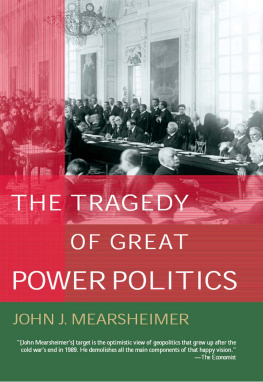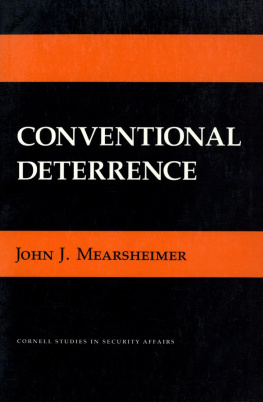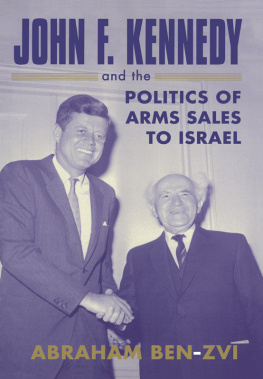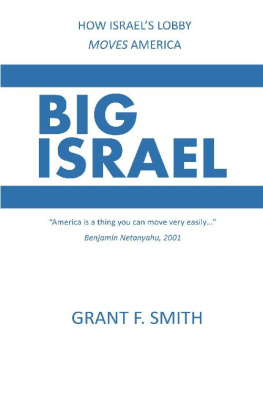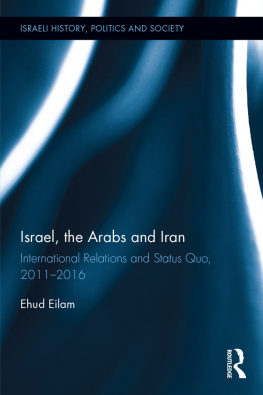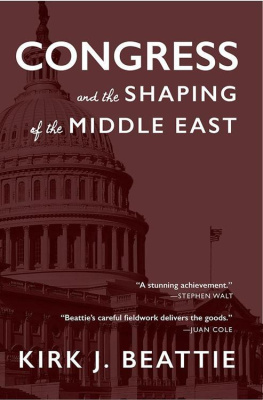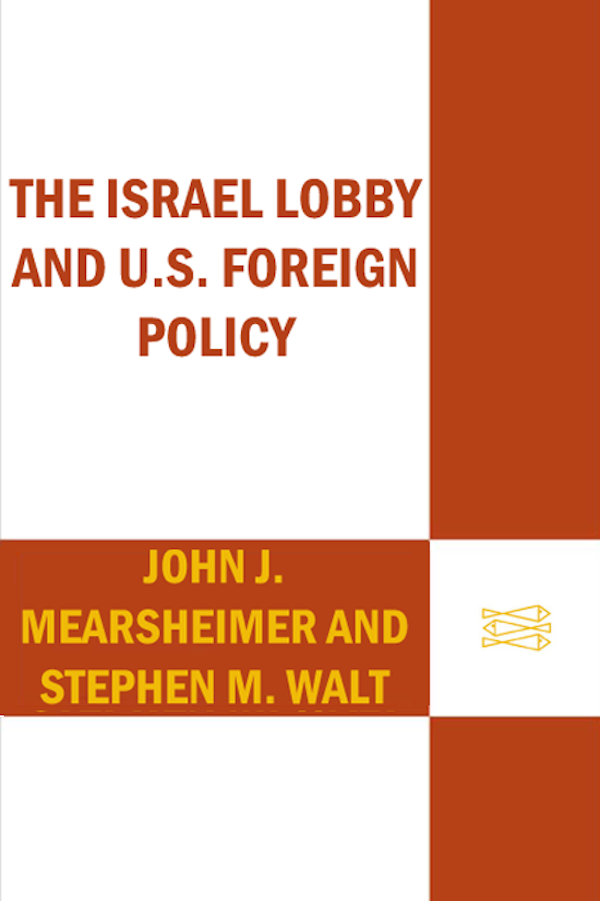John J. Mearsheimer - Israel Lobby and U.S. Foreign Policy
Here you can read online John J. Mearsheimer - Israel Lobby and U.S. Foreign Policy full text of the book (entire story) in english for free. Download pdf and epub, get meaning, cover and reviews about this ebook. year: 2008, publisher: FSG Adult, genre: Politics. Description of the work, (preface) as well as reviews are available. Best literature library LitArk.com created for fans of good reading and offers a wide selection of genres:
Romance novel
Science fiction
Adventure
Detective
Science
History
Home and family
Prose
Art
Politics
Computer
Non-fiction
Religion
Business
Children
Humor
Choose a favorite category and find really read worthwhile books. Enjoy immersion in the world of imagination, feel the emotions of the characters or learn something new for yourself, make an fascinating discovery.

- Book:Israel Lobby and U.S. Foreign Policy
- Author:
- Publisher:FSG Adult
- Genre:
- Year:2008
- Rating:4 / 5
- Favourites:Add to favourites
- Your mark:
Israel Lobby and U.S. Foreign Policy: summary, description and annotation
We offer to read an annotation, description, summary or preface (depends on what the author of the book "Israel Lobby and U.S. Foreign Policy" wrote himself). If you haven't found the necessary information about the book — write in the comments, we will try to find it.
The Israel Lobby, by John J. Mearsheimer of the University of Chicago and Stephen M. Walt of Harvards John F. Kennedy School of Government, was one of the most controversial articles in recent memory. Originally published in the London Review of Books in March 2006, it provoked both howls of outrage and cheers of gratitude for challenging what had been a taboo issue in America: the impact of the Israel lobby on U.S. foreign policy.
Now in a work of major importance, Mearsheimer and Walt deepen and expand their argument and confront recent developments in Lebanon and Iran. They describe the remarkable level of material and diplomatic support that the United States provides to Israel and argues that this support cannot be fully explained on either strategic or moral grounds. This exceptional relationship is due largely to the political influence of a loose coalition of individuals and organizations that actively work to shape U.S. foreign policy in a pro-Israel direction. Mearsheimer and Walt provocatively contend that the lobby has a far-reaching impact on Americas posture throughout the Middle Eastin Iraq, Iran, Lebanon, and toward the Israeli-Palestinian conflictand the policies it has encouraged are in neither Americas national interest nor Israels long-term interest. The lobbys influence also affects Americas relationship with important allies and increases dangers that all states face from global jihadist terror.
Writing in The New York Review of Books, Michael Massing declared, Not since Foreign Affairs magazine published Samuel Huntingtons The Clash of Civilizations? in 1993 has an academic essay detonated with such force. The publication of The Israel Lobby and U.S. Foreign Policy is certain to widen the debate and to be one of the most talked-about books in foreign policy.
John J. Mearsheimer: author's other books
Who wrote Israel Lobby and U.S. Foreign Policy? Find out the surname, the name of the author of the book and a list of all author's works by series.

